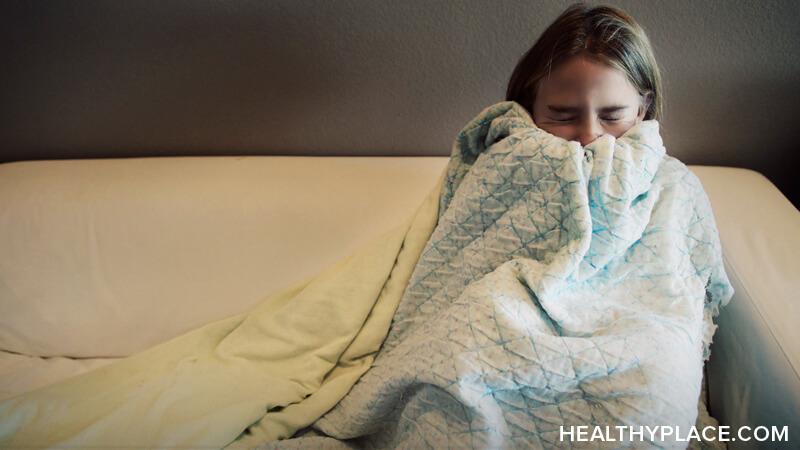Stress Does Not Justify an Eating Disorder Relapse

The year 2020 has been stressful and overwhelming across the entire globe. Between the COVID-19 pandemic, the racial injustices, the political tensions, and the economic downturn, my level of anxiety builds each time I read the news or log into social media. This information overload can exhaust my mental health, but as I continuously must remind myself: stress does not justify an eating disorder relapse.
Be Aware of the Impact of Stress on Eating Disorder Relapses
I will confess that over the past few months, I used my eating disorder behaviors to numb out from the stress that depleted my body and tormented my mind. When those anxious feelings churned my stomach, I reacted by lowering my food intake. When the pressure in my brain seemed unbearable, I distracted myself with long, intensive workouts. The more immersed I became in media polarization and circumstances outside my own control, the more excuses I found to shrug off my commitment to eating disorder recovery. I was on the brink of a destructive spiral if my actions did not change.
However, because stress does not justify an eating disorder relapse, I had to pull myself back from the ledge and reinforce the boundaries I had cast aside. Once I acknowledged the impact of chronic stress on eating disorder recovery, I felt empowered to make healthier choices on where to allocate my time, focus, and energy. I noticed my self-awareness return and my level of resilience increase. I turned off the constant barrage of wearisome news to clear my headspace for more constructive and beneficial coping mechanisms instead. That desire to numb anxiety with eating disorder behaviors ultimately did not win out, but I had to create guardrails in order to stay the course.
How I Maintain Eating Disorder Recovery in Times of Stress
Since I am firm in my own resolve that stress does not justify an eating disorder relapse, I need an action plan to manage stress before it threatens to overwhelm me. This world feels chaotic, and there are no guarantees of when it could re-stabilize, so I am responsible for caring for myself—whatever the circumstances. To that end, here are three coping mechanisms I find useful to help maintain eating disorder recovery in times of stress, fear, and uncertainty:
- Unplug from social media accounts and electronic news outlets for at least one week a month in order to prevent unhealthy consumption.
- Channel anxious energy into a creative pursuit that brings enjoyment and relaxation. I prefer drawing, journaling, writing poems, and strumming the ukulele.
- Tune into the body on a regular basis and honor its internal cues. When it feels hungry, nourish it. When it feels tired, allow it to rest. When it feels energetic, move it. When it feels tense, pause, and breathe.
How do you prioritize eating disorder recovery in the midst of stressful circumstances? What prevents you from using stress to justify an eating disorder relapse? Share your thoughts in the comment section below.
APA Reference
Schurrer, M.
(2020, October 7). Stress Does Not Justify an Eating Disorder Relapse , HealthyPlace. Retrieved
on 2026, March 5 from https://www.healthyplace.com/blogs/survivinged/2020/10/stress-does-not-justify-an-eating-disorder-relapse